The trial against Félicien Kabuga, accused of having conspired and incited the genocide perpetrated in Rwanda in 1994, began this Thursday in the Netherlands, which houses the headquarters of the International Residual Mechanism for Criminal Tribunals.
This is the court that handles pending cases from the now defunct International Criminal Tribunal for Rwanda.
Arrested in Paris in 2020 after a two-decade escape, Kabuga, who according to court documents is 87 years old, has refused to appear before the judges.
The hearing, which has continued, illustrates the effort of the justice system to not let the extermination of the Tutsi population and moderate members of the Hutu ethnic group go unpunished by the Hutu government.
According to the indictment, between April and July 1994 some 800,000 people perished.
Kabuga, of the Hutu ethnic group, the majority in his country, fueled racial hatred against the Tutsis through the propaganda broadcast by the Thousand Hills Free Radio and Television, which he presided over.
He also provided arms to militia groups.
Corpses of refugees caught in flight lie along a road some 70 kilometers north of the Rwanda-Tanzania border on May 8, 1994. CORINNE DUFKA (REUTERS)
Kabuga is accused of genocide, incitement to genocide and conspiracy to commit it, as well as persecution, extermination and murder.
This Thursday he has not gone to court arguing that the court prevents him from choosing his lawyer, and he distrusts those who represent him.
Iain Bonomy, the presiding judge of the chamber in charge of the case, has indicated that Kabuga "is fine this morning, but has decided not to attend the hearing or follow it by videoconference".
"The process must continue," he added.
In the absence of one of Rwanda's most powerful businessmen, prosecutors have described massacres "carried out in 100 days of horror in 1994" in which "Kabuga encouraged the deaths, financed the
Interahamwe
[ethnic Hutu , majority in Rwanda] and personally gave them weapons.”
Prosecutor Rashid S. Rashid has opened the reading of the charges by saying that "there was a campaign to destroy all or part of the Tutsi community in Rwanda."
He added that the defendant, along with other people, "used the Thousand Hills Free Radio and Television station to spread a hate speech against the Tutsis: their location was pointed out asking that they be annihilated based on their ethnicity or political affiliation”.
Thousands of Tutsi women were raped because, according to the slogans spread by the radio company, "they were dedicated to taking power away from the Hutus, and they were encouraged to be 'savored' by the Tutsis."
Kabuga, Rashid underlined, “played a vital role in financing the genocide without needing to pick up a gun or pick up a microphone” to personally commit the murders he is credited with having instigated.
Ugandan fishermen pile up corpses in the town of Kasensero, on May 20, 1994. STRINGER (REUTERS)
The massacres began in Rwanda in April 1994, when the Tutsi minority was identified as the cause of the death of President Juvénal Habyarimana, then President of the country.
The political leader was Hutu, and was traveling on a plane that exploded on landing at the airport in Kigali, the capital.
He was accompanied by Ciprien Ntaryamira, president of neighboring Burundi, and both had participated in a regional meeting held in Dar Es Salam, the capital of Tanzania.
One of Kabuga's daughters was married to a son of Habyarimana.
Kabuga made his fortune from tea plantations and had close ties to the National Republican Movement for Democracy and Development, which ruled Rwanda from 1975 to 1994. He had already fled the country for four years when he was charged with genocide in 1998 by the Tribunal. International Penal for Rwanda, and passed through Africa and Europe until his trail was lost for two decades.
Meanwhile, the court was still looking for him.
On May 16, 2020, the police knocked on his door in a neighborhood near Paris.
He lived there with the help of his children and to the surprise of his neighbors.
The arrest was made possible thanks to the collaboration of several countries and Interpol, thus ending the long escape of the man who was dubbed the Rwandan "banker of genocide".
This June, the judges considered that he was in a position to face the process against him once the medical reports they had requested had been analyzed.
To avoid the rigors of a very difficult transfer to Africa in 2020, in the midst of a pandemic, it was decided to hold the trial in the Netherlands.
Given Kabuga's advanced age, there will be six hours of sessions a week, divided into two business days and on dates to be decided.
The International Residual Mechanism for Criminal Tribunals is a judicial body created by the United Nations Security Council.
It takes over the functions of the International Criminal Tribunal for Rwanda, and also the International Criminal Tribunal for the former Yugoslavia, both of which have now closed.
The Mechanism has two divisions, one in Arusha (Tanzania) and another in the Dutch city of The Hague,
Follow all the international information on
and
, or in
our weekly newsletter
.
Subscribe to continue reading
read without limits
Keep reading
I'm already a subscriber


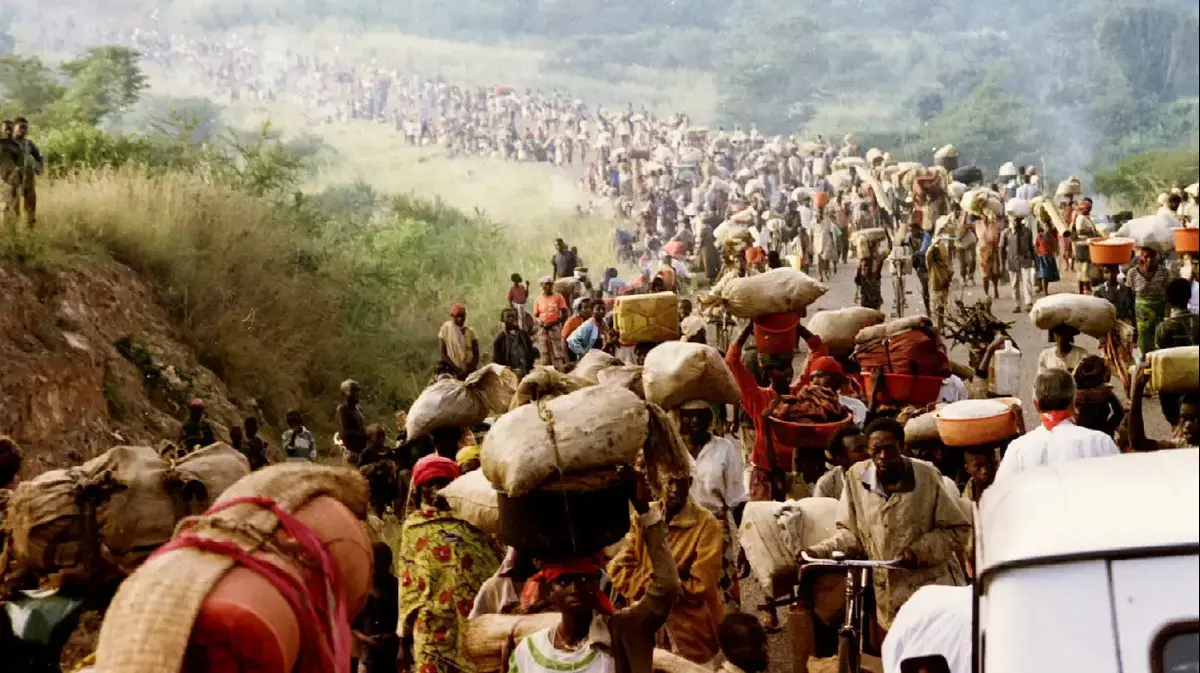

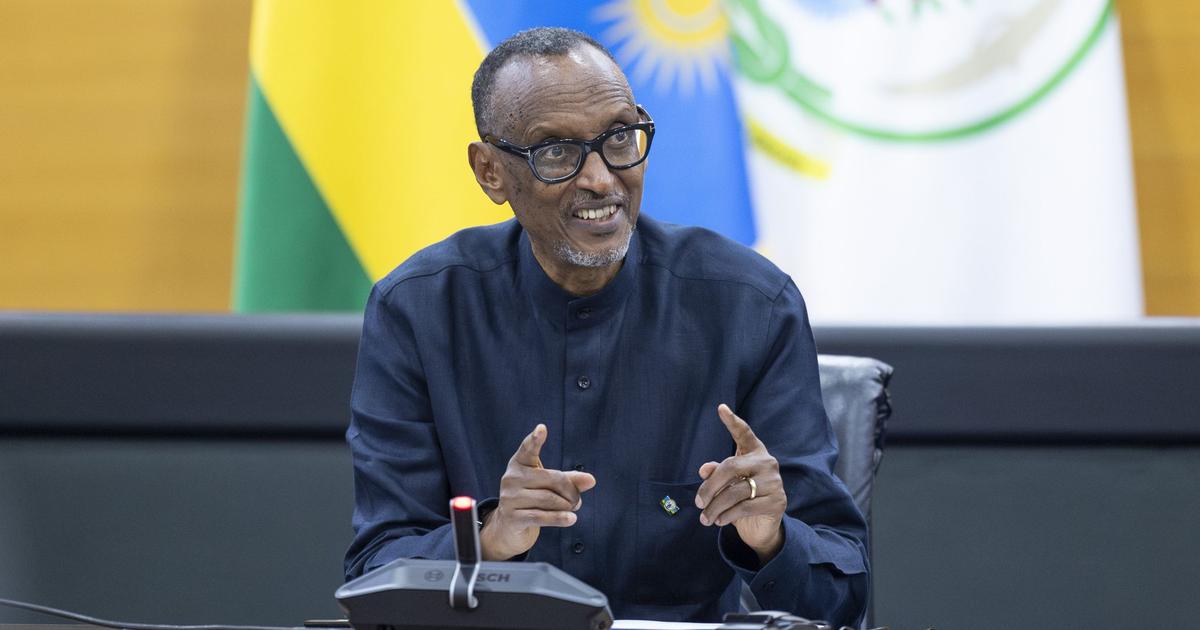
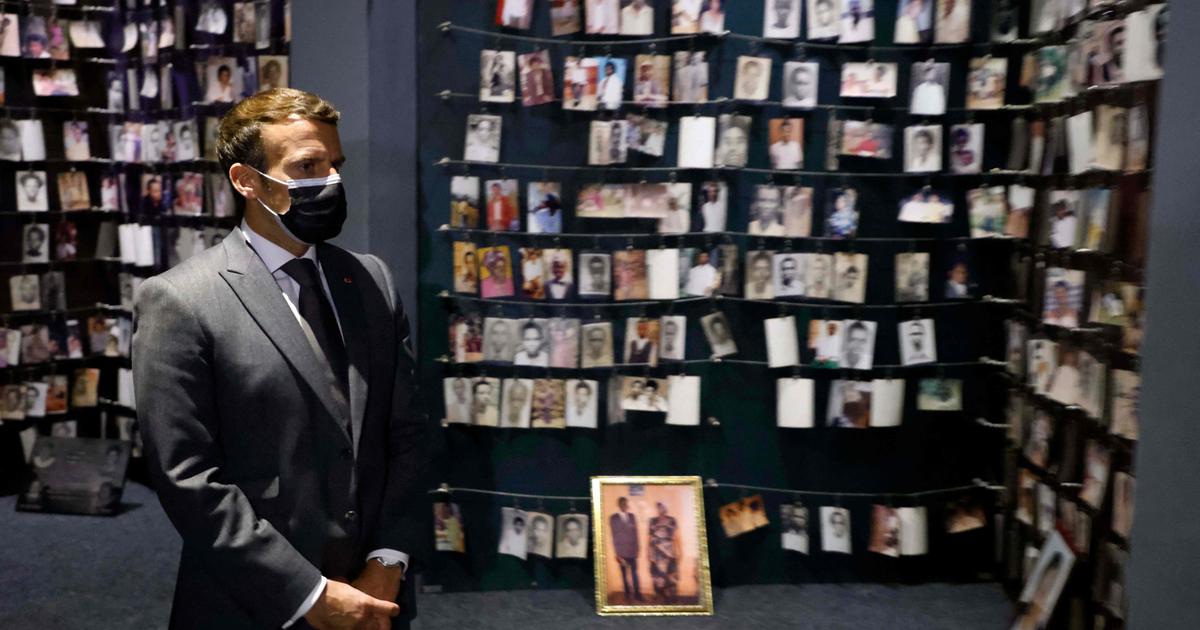
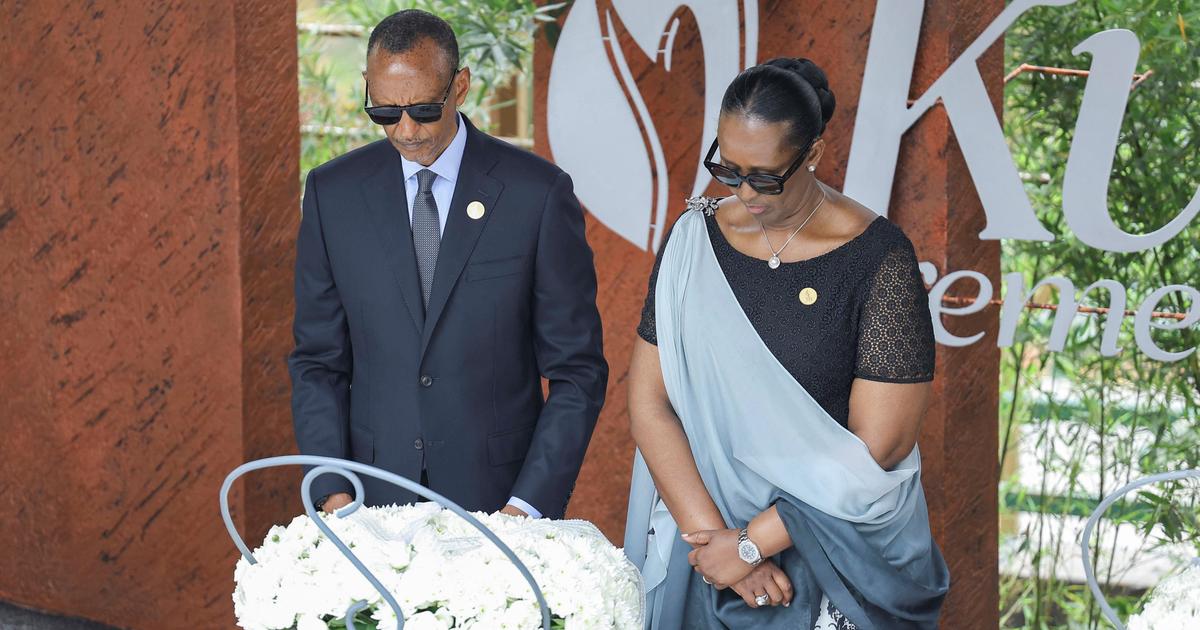
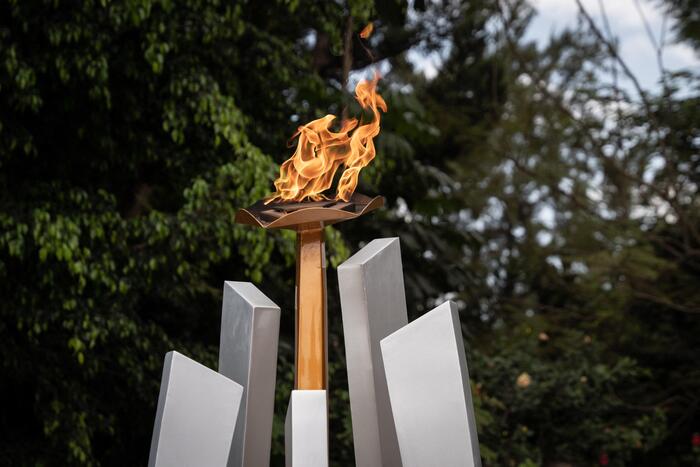

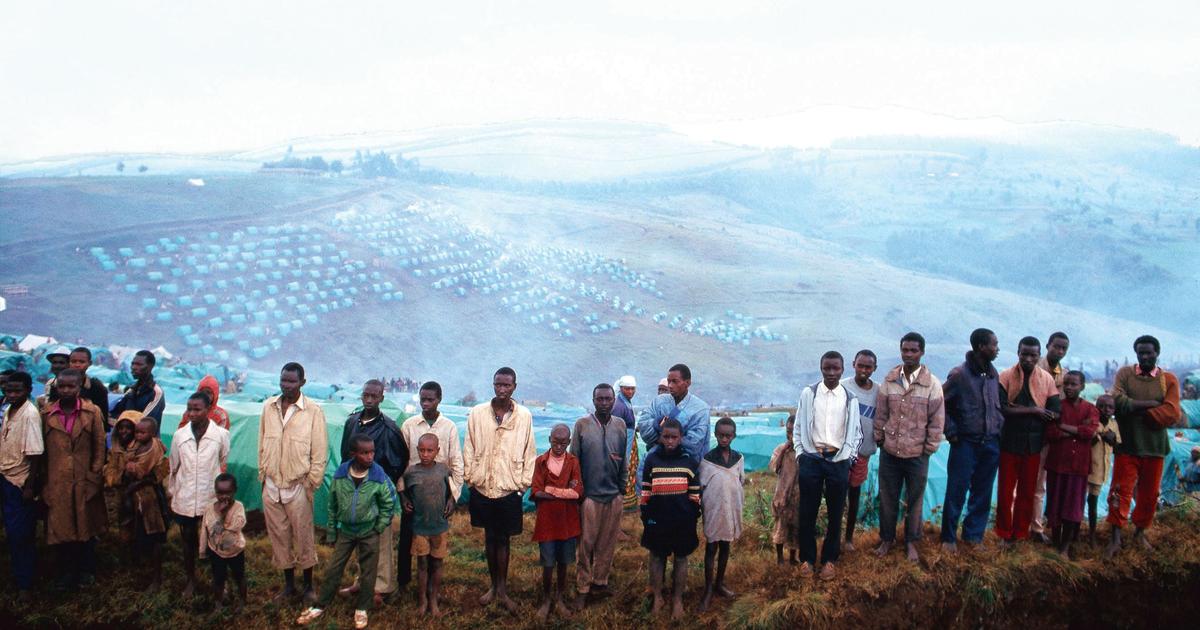


/cloudfront-eu-central-1.images.arcpublishing.com/prisa/KMEYMJKESBAZBE4MRBAM4TGHIQ.jpg)


